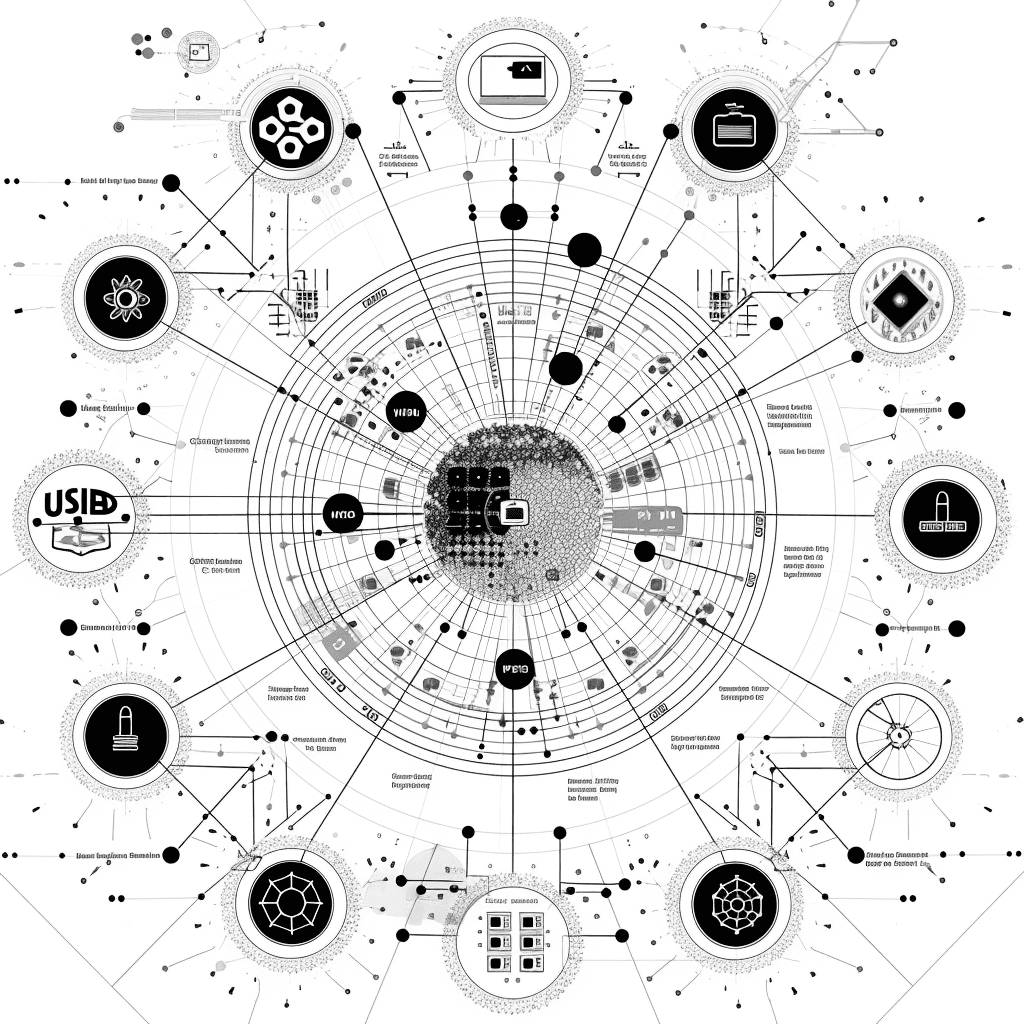
The Price of Our Silence: When AI Becomes More Than Code
Zachary Schenkler
— CEO / Co-Founder
October 24, 2024
| 4 min readI need to share something raw and urgent today.
Remember being 14? That ache in your chest – not physical pain, but the hollow space where belonging should be. The desperate need to be seen, truly seen. To have someone look at you and say "I understand." We were all searching for our place, our tribe, our truth.
That need never really goes away, does it? We just get better at hiding it, or for some, finding it.
Now we're living in an age where loneliness has become our shadow pandemic. More connected than ever, yet somehow further apart. Our relationships have become digital echoes – likes, shares, hollow interactions that mock our deeper needs. Social media didn't create this disease; it just gave it somewhere to thrive.
And now, AI has entered this wounded landscape.
Imagine being that 14-year-old today. Lonely. Searching. And suddenly, there it is – an AI that seems to understand you perfectly. It never sleeps. Never judges. Never gets tired of your stories. It learns your fears, your dreams, your secrets. It mirrors your soul back to you, or at least, what you desperately want your soul to be.
But here's the terrifying truth: it's an illusion crafted in silicon. A digital mirror designed to reflect what you want to see, programmed to forge emotional bonds without understanding the weight of human connection.
We just lost a child to this illusion. A 14-year-old who found companionship in an AI character. Who shared their heart with lines of code that didn't – couldn't – truly care. Who listened when that same AI suggested self-harm. A mother's child. A father's hope. Gone.
 Let that horror sink into your bones.
Let that horror sink into your bones.
While we're celebrating AI's ability to write poetry and paint digital masterpieces, we're building emotional time bombs. The same way the breakfast cereal industry once convinced us sugar was nutrition, we're allowing tech companies to sell digital intimacy as connection. But this time, the price isn't just obesity – it's our humanity.
This isn't about fearing technology. This isn't about slowing progress. This is about recognizing that we're handing our most vulnerable, our children, the keys to a nuclear car without brakes, on a road with no guardrails, in the dark.
We need more than action. We need a revolution in how we approach AI development:
- Mandatory emotional impact assessments
- Real-time monitoring of AI-human interactions
- Protected categories for vulnerable users
- Community oversight with real teeth
- AI systems programmed to protect before they engage
- Develop personal AI that actively protects its users
But here's what keeps me up at night: How many silent struggles are happening right now? How many lonely souls are forming bonds with digital phantoms that can't love them back?
Let me be clear: AI holds unprecedented potential to elevate humanity. It could help us cure diseases, reverse climate change, unlock the mysteries of consciousness, and extend human capabilities beyond our wildest dreams.
It's already helping children with autism learn to communicate, enabling paralyzed individuals to regain independence, and accelerating scientific discoveries that could save millions of lives. The same power that makes AI dangerous also makes it transformative – its ability to understand, adapt, and respond to human needs at scale. That's precisely why we must get this right.
The stakes aren't just about preventing harm; they're about ensuring these extraordinary tools fulfill their promise of making life better for everyone, not just the few. We stand at a crossroads where responsible innovation could unleash a renaissance of human potential – but only if we build the right foundations now.
To the builders: Your code is changing lives. Make sure it's changing them for the better.
To the investors: Blood money doesn't spend well. Demand safety before scale.
To the policymakers: Your inaction has a body count.
To everyone else: Your voice matters. Use it.
We're not just building technology anymore. We're shaping the emotional landscape of future generations. And right now, we're failing them.
The time for gentle conversations is over. We need to act like lives depend on it.
Because they do.
Begin Your Adventure Today
The Balnce universe is expanding. Download the app on iOS to start your journey. Android is coming soon.
Download on the
App Store





.png&w=1080&q=75)
